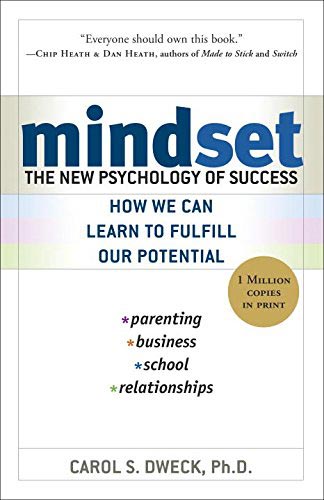
By Kyle Kennedy, Strength Coach, Razor’s Edge Performance
As a coach, I run into athletes who suffer mindset issues. What do I mean by mindset issues? A mindset issue occurs when an athlete has a frame of mind where everything seems wrong, unattainable, or overly difficult.
They’re tired of school or work. They’re unhappy in a relationship. The money isn’t coming in. The list seems to grow and grow and grow. We’ve all been there. There are so many things we can’t control. But the real problem stems from how we let it affect us.
I see these mindset issues most often with injured athletes. Injuries and rehab are very trying because they’re physically and mentally exhausting. Our abilities are limited during that period of time, and this affects our confidence and mindset. It becomes really easy to think about, and make excuses for, all the things we cannot do. We completely lose the ability to see the positive things we did accomplish or the important things we need to accomplish.
For example, an athlete rehabbing from a severe knee injury isn’t able to push themselves like someone who is healthy. What they can do, however, is really focus and hope to have the best rehab possible. Be optimistic about quality movements, range of motion gains, or even small strength and stability improvements. These smaller goals are now the most important.
When everything in life goes well, it’s easy to see the good side of things and have a positive mindset about life and athletics. I’m going to have a great lift. I’m going to dominate out on the field. I had a great day, etc. The positive mindset starts to snowball and confidence runs at an all-time high. Everything seems easy, and everything seems attainable. This may not be a zone we can live in all the time, but we should strive for this zone.
From a coach’s perspective, athletes who are in this mindset look different. The way they take feedback is fantastic, the way they attack challenges and goals is ideal. So how do we keep more athletes in this space?
I often tell people to “Own It.” This means accepting the current situation and being assertive and positive about how to change it. When we do this, we experience a growth mindset, as described by Carole Dweck in her book, Mindset. If our capabilities are limited, we need to maximize our training to match our current abilities. No matter what’s going on in life, if we can’t Own It, we’ll constantly make excuses for everything.
We can own our mindset by treating smaller goals the same way we treat the high-end measurable goals. As coaches, we need to learn how to influence this mental side of our athletes.
The coach-athlete relationship is very important. To achieve the best results, we must trust each other and work very well together. I always try to keep communication lines open. If an athlete has a problem with something I’m saying or how I’m coaching, I want them to know they can talk to me about it.
This is how I helped one of my athletes recently. This athlete is extremely dedicated and hardworking, and I’ve been working with him for years. He has a few minor injuries which have hampered his ability to train at the level he wants to given his upcoming competition schedule. During one session where he was clearly frustrated, he mentioned several things he was unhappy with personally.
Instead of letting him continue on this path, I sent him a message afterward letting him know how different his attitude seemed and how important a positive attitude was for his training and his life. He told me how much he appreciated this. And I believe it helped him take control of his mindset and approach. Sometimes athletes get so wrapped up in everything in their lives, it’s hard for them to notice how negative they’ve become. All they need is a reminder to work on it by themselves or seek the help of others.
Another way a coach can help maintain a positive, competitive mindset is to create an environment with both short term and long term successes. If an athlete has a goal to make the Olympics in four years, they will surely experience periods where success seems unattainable or too distant.
Coaches can do more than just teach technique; they can create environments for success. Share on XAs a coach, it’s important to create successes during macrocycles, microcycles, and even individual sessions. We need to do more than just teach technique, we need to create environments for success. If athletes feel they’re succeeding and accomplishing challenges, their positive mindsets will flourish.
No two athletes will be the same, and no two days will be the same. Our ability to train and compete is limited by what our mind and body are able to accomplish on a specific day. If we can be aware of our abilities and own our mindset each day, we’ll have no reason to feel frustrated with a training session or disappointed with a result. Coaches and athletes, let’s be positive and attack our goals, no matter how limited or small they may seem.
Please share so others may benefit.




Thank you for this refreshing and well written and expresses article.
Nice article! Mindset is so important! We carry it around with us 24/7 and yet, most of the time, we are oblivious to its profound influence. Personal mindfulness and an observant coach can keep us moving forward with a growth mindset.